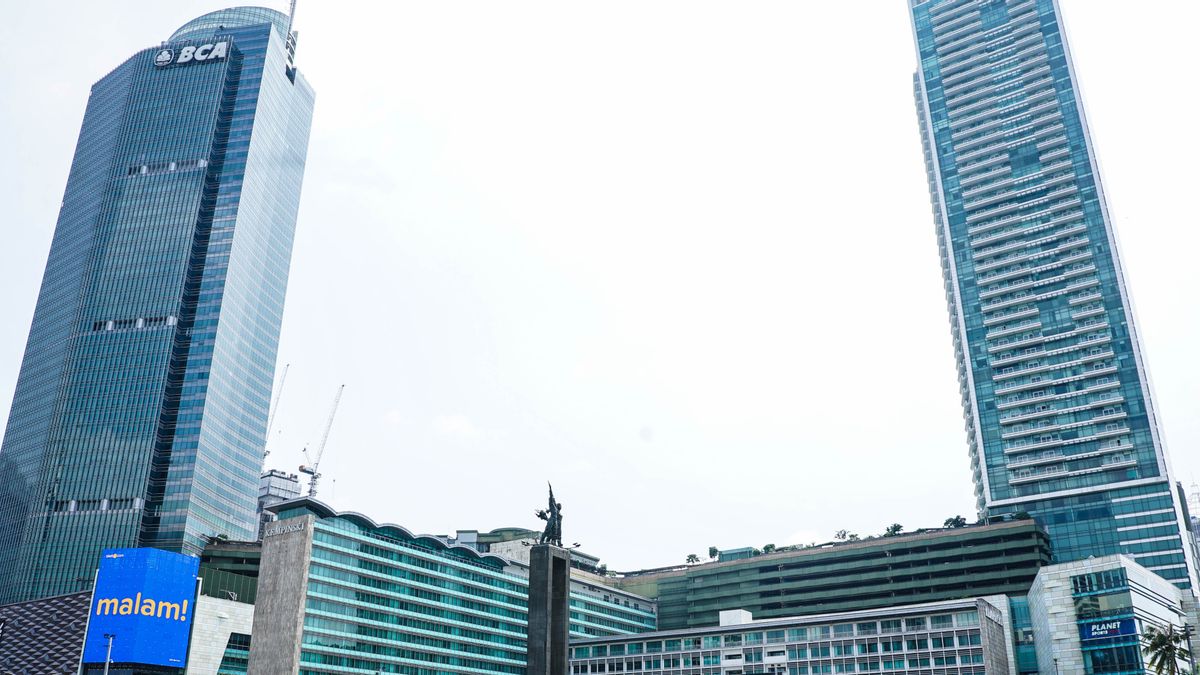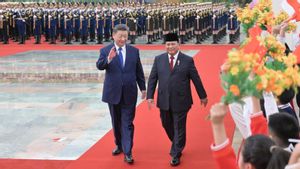JAKARTA - The Indonesian economy is estimated to only grow 2.5 percent in 2020 amid the corona virus pandemic (COVID-19). According to the Asian Development Bank (ADB) report released recently.
"Even though Indonesia has a strong macroeconomic foundation, the ongoing COVID-19 outbreak has changed the direction of the country's economy due to worsening external environmental conditions and weakening domestic demand," said Winfried Wicklein, ADB Director for Indonesia in a statement received by VOI, Saturday 4 April.
According to him, if decisive action can be implemented effectively to mitigate the health and economic impacts of the outbreak, particularly in order to protect the poor and vulnerable groups, the Indonesian economy is expected to return gradually to its growth path next year.
According to the 2020 Asian Development Outlook (ADO), the COVID-19 pandemic, together with falling commodity prices and financial market turmoil, will have bad implications for the world economy and Indonesia this year. Moreover, with the deteriorating economy of a number of Indonesia's main trading partners.
Domestic demand is expected to weaken in line with declining business and consumer sentiment. "However, in line with the recovery of the world economy next year, Indonesia's growth is expected to gain momentum, assisted by reforms in the investment sector issued recently," he explained.
Inflation, which averaged 2.8 percent last year, is expected to slightly rise to 3.0 percent in 2020, before dropping again to 2.8 percent in 2021. Inflationary pressures from tight food supplies and currency depreciation are expected to increase. could be partially offset by a reduction in the price of non-subsidized fuel, as well as additional subsidies for electricity and food.
Meanwhile, export revenue from tourism and commodities is expected to decline, causing a current account deficit to reach 2.9 percent of gross domestic product in 2020.
As export and investment levels recover in 2021, a larger volume of imported capital goods will cause the current account deficit to remain the same as in 2020.
The government and financial authorities have launched various coordinated and targeted fiscal and monetary measures to mitigate the impact of the COVID-19 pandemic on the economy and people's livelihoods. This includes the distribution of direct cash transfers for the poor and vulnerable groups, as well as tax cuts and relaxed loan payments for workers and businesses.
Externally, the risks to Indonesia's economic projections include a prolonged outbreak of COVID-19, further declines in commodity prices, and increased financial market volatility.
From within the country, this projection depends on how quickly and effectively the spread of the outbreak can be contained. Health system limitations and difficulties in enforcing social restrictions can exacerbate the impact of the pandemic on the economy.
The English, Chinese, Japanese, Arabic, and French versions are automatically generated by the AI. So there may still be inaccuracies in translating, please always see Indonesian as our main language. (system supported by DigitalSiber.id)











